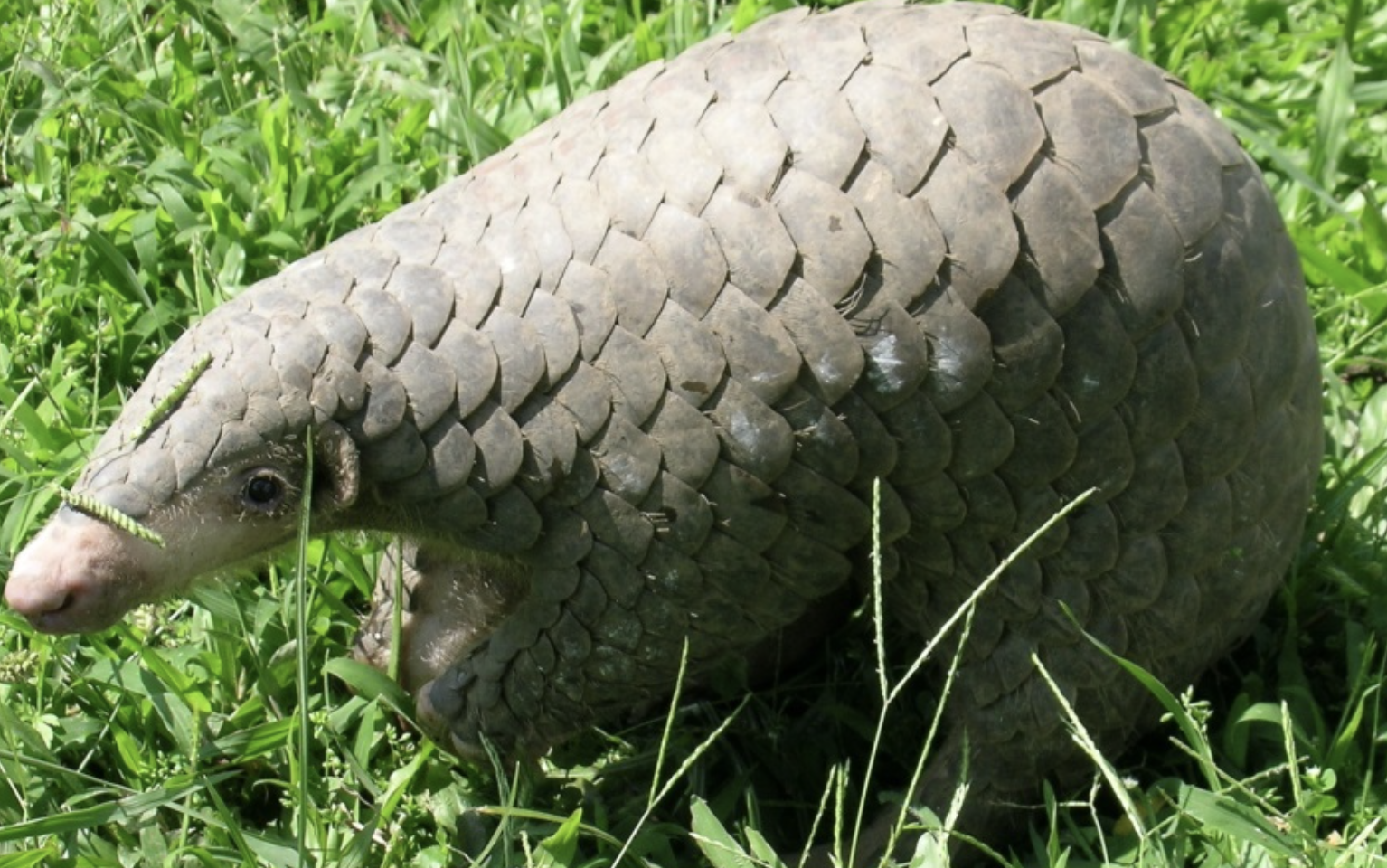THE NEW REPUBLIC – The world is teeming with animals that have never met before.
They clamber under dripping green canopies in rainforest, they crouch in the rough recesses of mountain caves, they scamper through your backyard.
Usually, they stick to what they know, living in the same ecosystems that have supported their kind for millennia. In normal times, they may never encounter the species that live in the mountain or valley or forest next to theirs.
But these are not normal times. Covid-19 wasn’t the outlier, a once-in-a-century tragedy. It’s a glimpse of the future to come.
As temperatures spike and rainfall patterns become more erratic, animals are on the move. They’re migrating toward the poles, away from temperate regions, in search of the conditions they need to live in a world that is changing too fast for them to adapt to it.
But before they reach their new habitats, they’ll meet each other. And every time a new species meets, there’s a chance to spark a new pandemic.
That’s because animals are teeming with pathogens, their own microscopic kingdoms: viruses, bacteria, parasites. Each new interaction is a chance for an animal to get sick in an entirely new way—and to pass it on to other species, including humans.
The science has grown increasingly clear: In a warming, changing world, new viruses will shift between animals and into people with alarming rapidity and frequency.
“What we’re looking at is a total rearrangement of the mammal virome,” Colin Carlson, an assistant research professor at Georgetown University’s Center for Global Health Science and Security and lead author of a new study published in Nature on Thursday.
“And, as species pick up the viruses, we think that there could be some pretty devastating impacts downstream for both human health and conservation.”
Here’s the truly troubling part: These interactions are already happening, the research shows … READ MORE.



